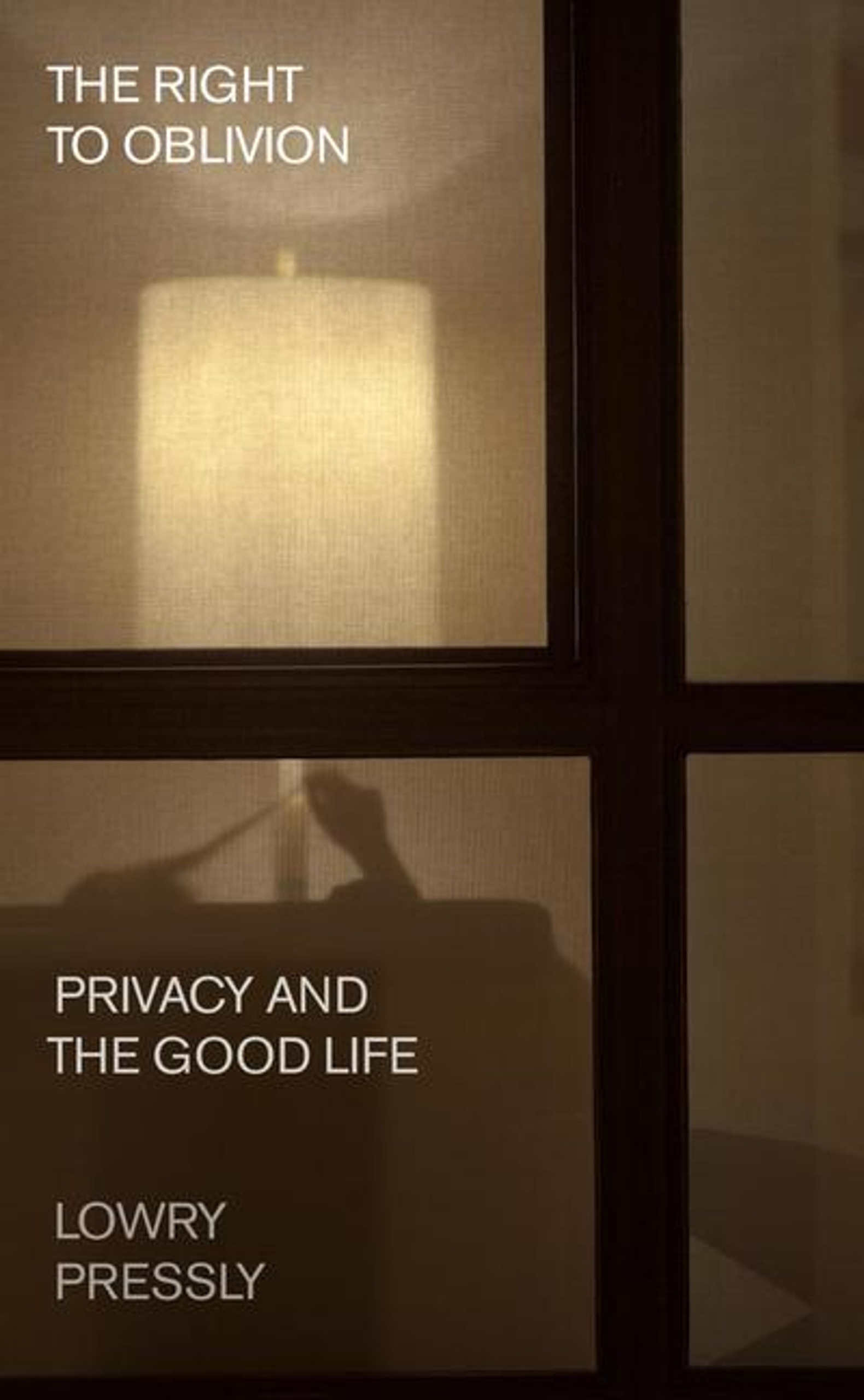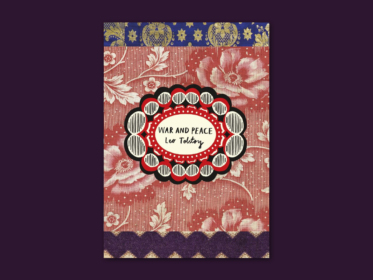Logging Off

WHAT IS THE VALUE OF PRIVACY?
This is the central question of the attention economy. Privacy is often understood as the protection and limitation of information, which is then traded as a commodity in a marketplace we can’t remember consenting to. When we primarily engage with our own privacy by checking boxes to reject or accept cookies, it would be reasonable to feel as if the concept were a lost cause.
In The Right to Oblivion, Lowry Pressly offers a spirited and unexpected defense of the importance of privacy outside of a legalistic framework. Privacy protects (and produces) what Pressly calls a state of “oblivion,” or “a form of the unknown that… is essentially resistant to articulation and discovery.” In other words, the ineffable, ambiguous multitudes contained in each of us.
When I stop writing this text and pick up my phone, which I have done several dozen times, intentionally and otherwise, I sacrifice my privacy: not just the information that my phone gathers about me, from the extra seconds my fingers hover over a cat video on Instagram or which news sites I prefer, but the privacy of solitude. A liked post, a read message, a “last seen” status all require an awareness, a publicity that prevents a state of oblivion.
The self, Pressly argues, is constructed dialectically, between memory and oblivion: the definite past and the indefinite possibility inside each of us. It is this essential unknowability that provides the capacity to change, to surprise, and, paradoxically, to trust ourselves.
Pressly is not messianic, catastrophizing, nor even overtly cynical. Instead, his argument borders on inspirational, which is a form of praise so out of vogue I worry it detracts from the intended compliment.
Oblivion is the state that makes change possible; it’s where we get to try out draft states of the self; where the part of us that resists being transformed into a data point resides; how we protect our sense of freedom and possibility. That seems like an argument worth our attention.

